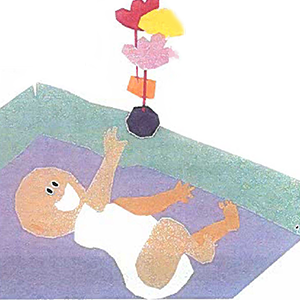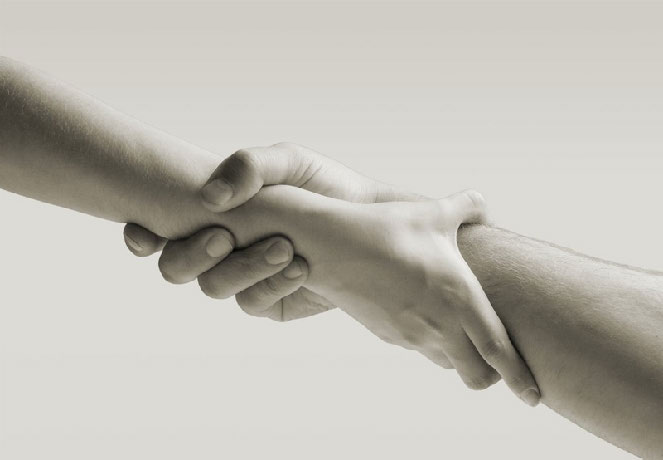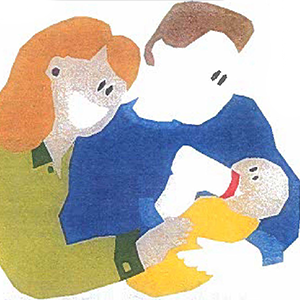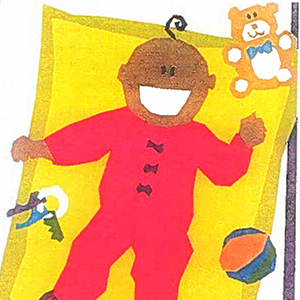Family
Make sure to reserve time with your partner, friends, and yourself. If you’re going back to work or school, figure out a good childcare program (whether with a family member or daycare). Be prepared for the separation anxiety that happens when you first leave your child. Have some trial runs so that you are prepared for what this will feel like.
Development
Kids should be safely exploring their surroundings. Make sure to watch them at all times. You should be reading with your child. Engage your child with cause-and-effect games like toys with different sounds and textures, rattles, playing peek-a-boo, hiding and finding objects. TV, videos, and computers should be avoided. Be consistent and positive with routines and expectations (eg, Give a calm but firm NO if biting or putting hands in an outlet. Respond in a positive and encouraging manner when your baby is doing things you want them to do).
Health
Make sure and find a dentist. You should brush your baby’s teeth twice a day with a toothbrush and fluoride toothpaste in an amount no more than the size of a grain of rice. Your baby should be sleeping through the night. Remember that bottles and nursing at night can cause cavities. Introduce a cup to wean off of the bottle. Weaning can take many months, but gradually replace one bottle at a time with a cup. Have sleeping routines. No bottles in bed. Instead, try reading a book or playing music to get your baby to sleep. If you are breastfeeding put your baby to bed once done nursing. Do not allow your baby to fall asleep while nursing.
Nutrition
Continue with breast milk or formula with iron until 1 year old. Increase solids and table food (3 meals, 2 healthy snacks). No juice. New foods: It can take offering a new food 10-15 times before your baby will try it so do not assume they do not like it if they refuse the first time. Do not force food. Daily: Fruits (6-8 teaspoons), veggies (6-8 teaspoons), cheese and yogurt (4-6 teaspoons), small pieces of soft/pureed cooked meat, iron-fortified foods/baby cereal (6-8 teaspoons), whole grains (6-8 teaspoons).
Safety
Avoid walkers with wheels, keep home safe for babies (window guards on 2nd floor, stairgates, chemicals, cords, etc.) and keep one hand on or within reach of your baby, especially around water or in the bathtub. No smoking in the house or in the car. Small toys, plastic bags, and balloons can easily get stuck in your baby’s airways. Still use rear facing car seat.
After Hours and Weekends
After 4:00 PM and before 8:00 AM
For medical advice when People’s is closed call After Hours Nurse line at 512-478-4939
Download PDF here.







